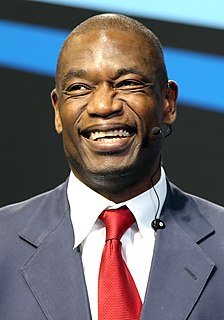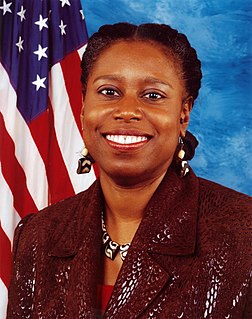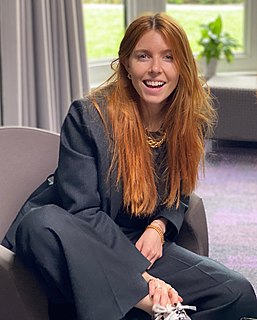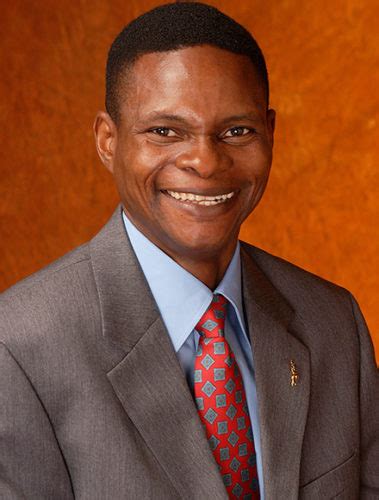A Quote by Wadah Khanfar
I started, actually, as an analyst on African affairs, mainly on Al Jazeera. I remember the first few series were about Saudi students, and the negotiations between the government and the Sudanese rebels in the south. And then, slowly, I was speaking about Congo, Democratic Republic of Congo, Zimbabwe, Mozambique and a few other places.
Related Quotes
I started as an engineer. I migrated to philosophy and international politics. And I did my studies about African - Africa democracy and democratization in Africa, taking Kenya as a model. And then, while I was doing so in 1996 in South Africa, Al Jazeera was established. So they requested me to be an analyst on African affairs.
I created the Dikembe Mutombo Foundation back in 1997 for the purpose of going in and improving the living conditions of my people on the African continent, especially in the Democratic Republic of Congo where I came from. Out first mission was to go and build a new hospital. Our next mission was to build a school.
I created the Dikembe Mutombo Foundation back in 1997 for the purpose of going in and improving the living conditions of my people on the African continent, especially in the Democratic Republic of Congo where I came from. Our first mission was to go and build a new hospital. Our next mission was to build a school.
I chose Congo in order to become close to a place that we had turned away from. It isn't present in our imaginations, in the stories we tell each other. Yet it's relevant to our lives and to our worlds, in a practical way. Congo supplies raw materials for the things that we use on a daily basis. We are intimately linked to Congo, economically. We're linked to it through human events that are occurring there, that affect all of us, and yet you don't find narratives of Congo present in our lives.
Congo has vast stands of biologically important forests as well as remote areas still waiting to be explored, yet we have very few botanists. I'm working to expand training for young students and inspire a new generation to make discoveries, spread the word about conservation, and increase protected areas throughout our country.
The reason the first three Star Wars movies were so terrific, and the second three sucked so bad, is actually very simple. The first three were about rebels, shooting guns and driving fast, and speaking with American accents. The second three were about politicians, discussing treaties and holding court, and speaking with British accents.






































